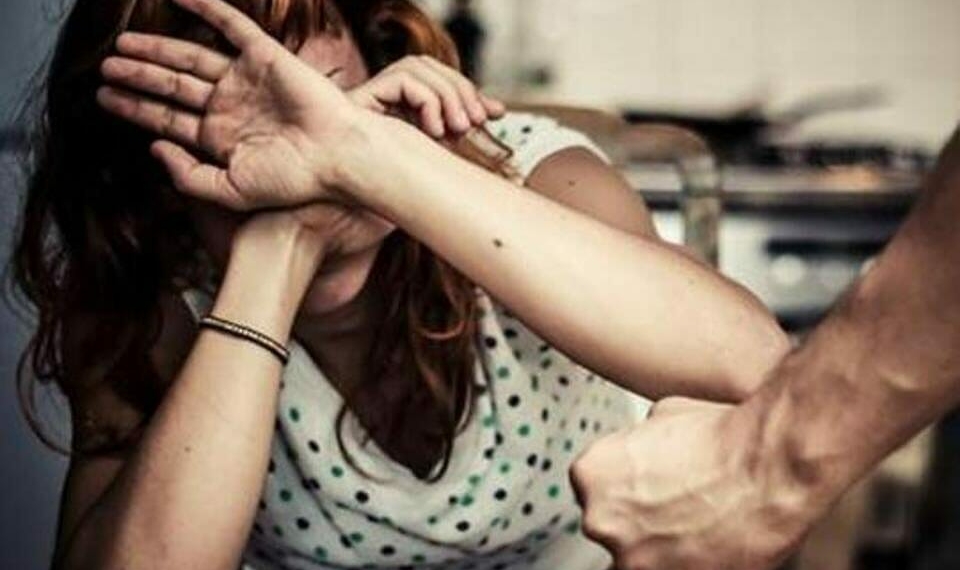A non-governmental organization (NGO), Women Education Advocacy and Development Initiatives (WEADI), has called for multiple levels of conversations to address the root causes of Gender-Based Violence (GBV) in the country.
Dr Regina Omo-Agege, the Executive Director of WEADI, made the call on Friday in Abuja at a press briefing to mark the 2021 International Human Rights Day and the End of 16 Days of Activism Against Gender-Based Violence.
The Human Rights Day is observed on Dec. 10, and Omo-Agege, in her speech, titled “Creating a better world for the future generation by ending all forms of gender-based violence”, described GBV as the most de-humanising form of gender oppression.
Omo-Agege stated that the inhumane act exists in every society, country, religion and culture, and it’s important that perpetrators must be brought to book.
“Until now, investments in prevention and essential services for survivors of violence and their families have been insufficient or uneven across or within countries.
“We know that the solutions rely on working at multiple levels and bringing many different players to the table.
“We need to hold the uncomfortable conversations that address the root causes of such violence and extend rights and opportunities to those who have previously been excluded,” Omo-Agege said.
Speaking on the negative impact the GBV will have in the country if left unaddressed, Omo-Agege stated that human rights violations will pose serious consequences for current and future generations.
According to her, it also poses danger for efforts to ensure peace and security, to reduce poverty and to promote a peaceful world.
“The effects of violence can remain with women and children for a lifetime, and can pass from one generation to another.
“Studies show that children who have witnessed, or been subjected to violence, are more likely to become victims or abusers themselves.
“Violence against women and girls is an extreme manifestation of gender inequality and systemic gender-based discrimination.
“The right of women and children to live free of violence depends on the protection of their human rights and a strong chain of Justice.”
Omo-Agege said that ending GBV is at the heart of WEADI’s mandate to empower women and advance gender equality, and free them from fear, abuse and exploitation.
She urged all stakeholders, including the media, to join the fight against gender-based violence.
“Together, we must uphold our commitment to fund women’s rights organizations, respond by strengthening and adapting services to survivors and integrating responses to GBV recovery plans.
“We must prevent violence against women and girls through social mobilization and social protection measures, and collect data to inform policies and programmes.”
With the death of a Student at Dowen College, Sylvester Oromoni still trending, Omo-Agege stated that the death which came as a result of bullying have seen some parents of the suspects sent their children abroad.
She urged schools in Nigeria and across the globe not to offer admission to such students in the next 10 years.
The Director of Counselling and Rehabilitation, National Agency for Prohibition of Trafficking in Persons (NAPTIP), Mrs Kehinde Akomolafe, also called on Nigerians to report all cases of GBV to the agency.
Akomolafe urged victims of any form of violence to report to the agency, using a toll free code of 627 or the agency’s call centre.
“The way to end it is by letting people know and in that way you will have even helped those that are on undergoing the same problem like you.”

















Discussion about this post